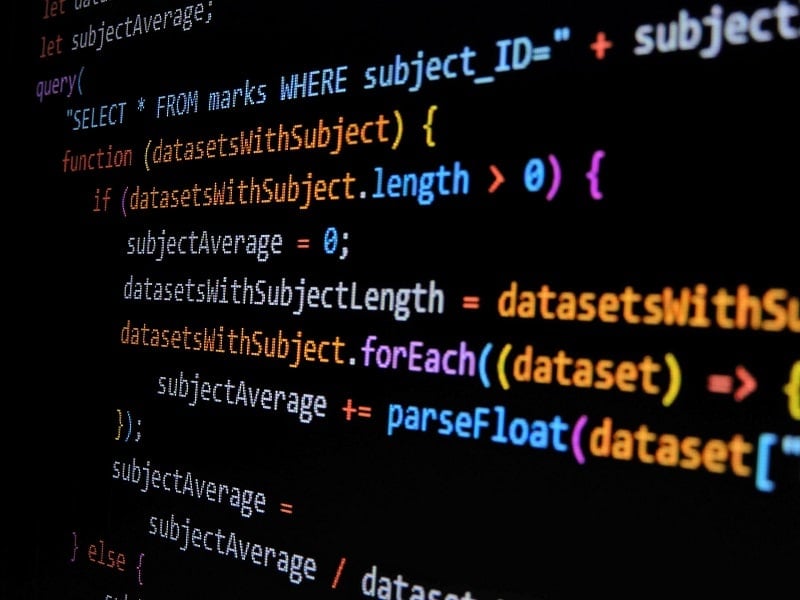Learning coding can open many doors, but it’s not just about attending classes. To truly master coding, you need to engage actively and consistently. Here are five detailed strategies, with real-life examples, to make your coding lessons more effective:
1. Cherish Your Course Materials
Consider the story of Ada, a successful software developer. She credits her success to meticulously keeping her coding books from class. Ada frequently refers to these books for syntax and code examples, especially when working on complex projects. Unlike videos, books offer a more immediate and focused reference. Ada’s story shows the lasting value of course materials in the world of coding.
2. Teach What You Learn
Tom, a junior developer, enhanced his skills by teaching coding basics to his younger sister. By explaining concepts like loops and variables to a beginner, Tom solidified his own understanding and identified areas he needed to revisit. This approach of teaching to learn can be incredibly effective, as it forces you to break down complex concepts into simpler, more understandable parts.
Teaching what you have learned, often referred to as the “protégé effect” or “learning by teaching,” is a powerful educational strategy that significantly enhances the learning process. Not only that, successfully teaching a topic can boost your confidence in your knowledge and abilities.
So why not take the initiative to offer help to your fellow students who might need help or volunteer to be teaching assistant in your coding classes!
3. Engage with Educational Games
Sarah, a game developer, started her coding journey by playing educational games like “CodeCombat” and “Scratch”. These games helped her understand the logic and structure of coding in a fun and engaging way. By regularly playing such games, she developed a strong foundation in coding logic, which later helped her in professional game development.
4. Study Others’ Coding Projects
Alex, an app developer, improved his coding skills by studying the source code of popular open-source projects on platforms like GitHub. For example, by studying the code of a well-known weather app, he learned efficient ways of integrating APIs and managing data. This practice of learning from others’ work can expose you to different coding styles and techniques, broadening your knowledge and skills.
There are many benefits of studying from other coders’ projects. Different developers have different ways of writing code. By studying a variety of projects, you can learn new and possibly more efficient ways of coding. This approach bridges the gap between theoretical knowledge and practical application, showing you how concepts are implemented in real-world scenarios. Seeing how others tackle problems can enhance your own problem-solving abilities. You can learn various strategies and approaches to common coding challenges. The key is to understand the codes instead of merely copying it.
5. Regularly Apply What You’ve Learned
Maria, an aspiring entrepreneur, applied her coding skills to create a prototype for her startup idea. She used her knowledge from coding classes to build a basic e-commerce website. This hands-on project allowed her to understand practical challenges and apply theoretical knowledge in a real-world scenario. Regular application of coding skills in personal projects or challenges can significantly enhance your understanding and proficiency.
In conclusion, effective learning in coding involves a combination of preserving study materials, teaching others, playing educational games, studying others’ work, and applying knowledge in practical projects. By following these strategies, inspired by real-life examples, you can make the most out of your coding lessons and develop into a skilled coder. If you are eager to start your child’s coding journey, why not consider joining our community at Coding Bee Academy. Learn more about us here.





